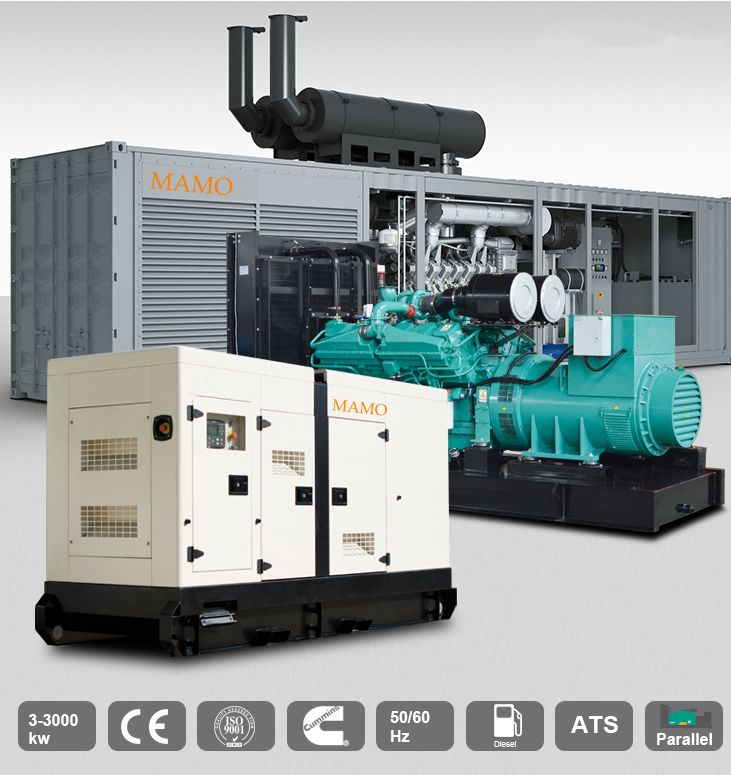Diesel generator sets have long been the backbone of backup power solutions for various industries, offering reliability and robustness in times of electricity grid failures or in remote locations. However, like any complex machinery, diesel generator sets are susceptible to failure, especially during the crucial start-up phase. Understanding the underlying causes of start-up failures is essential for mitigating risks and ensuring seamless operation when it matters the most. In this article, we explore the common causes of start-up failure in diesel generator sets.
Fuel Quality and Contamination:
One of the primary culprits behind start-up failures is poor fuel quality or contamination. Diesel fuel is prone to degradation over time, and if the generator has been idle for an extended period, the fuel can accumulate moisture, sediments, and microbial growth. This impure fuel can clog fuel filters, injectors, and fuel lines, obstructing the smooth flow of fuel to the engine during the start-up process. Regular fuel testing, filtration, and timely fuel replacement are crucial to prevent such issues.
Battery Problems:
Diesel generator sets rely on batteries to provide the necessary power to start the engine. Weak or faulty batteries are a common cause of start-up failures. Inadequate charging, aging batteries, loose connections, or corrosions can all lead to reduced battery performance. Regular battery maintenance, including load testing and visual inspections, can help detect and address battery-related issues before they escalate.
Starter Motor and Solenoid Issues:
The starter motor and solenoid play a critical role in initiating the engine’s crankshaft rotation during the start-up process. Damaged or worn-out starter motors, solenoids, or the associated electrical connections can result in slow or failed engine cranking. Routine checks of these components, along with proper lubrication and prompt replacement when necessary, can prevent such failures.
Glow Plug Malfunction:
In diesel engines, glow plugs preheat the combustion chamber, especially in cold conditions, to facilitate smooth ignition. Malfunctioning glow plugs can lead to difficulties in starting the engine, especially during low-temperature environments. Ensuring proper maintenance and replacement of faulty glow plugs can prevent start-up issues related to cold weather.
Air Intake and Exhaust Restrictions:
Unobstructed airflow is crucial for the proper functioning of the diesel engine. Any blockages in the air intake system or exhaust can negatively impact engine performance during start-up. Dust, debris, and foreign particles can accumulate in the air filters or exhaust pipes, leading to poor air-to-fuel ratio, reduced power output, or even engine stalling. Regular cleaning and maintenance of the air intake and exhaust systems are necessary to prevent such failures.
Lubrication Problems:
Adequate lubrication is essential for reducing friction and wear within the engine during start-up and operation. Insufficient or degraded lubricating oil can lead to increased friction, higher starting torque, and excessive engine wear, potentially resulting in start-up failures. Regular oil analysis, timely oil changes, and adherence to manufacturer’s lubrication recommendations are essential to maintain engine health.
Conclusion:
The start-up phase is a critical moment for diesel generator sets, and understanding the potential causes of failure is crucial for ensuring reliable and uninterrupted power supply. Regular maintenance, including fuel testing, battery checks, starter motor inspections, glow plug evaluations, air intake and exhaust system cleaning, and proper lubrication, can go a long way in preventing start-up issues. By addressing these common causes of start-up failure, businesses and industries can enhance the longevity and performance of their diesel generator sets, providing peace of mind in times of need.
Post time: Jul-28-2023







